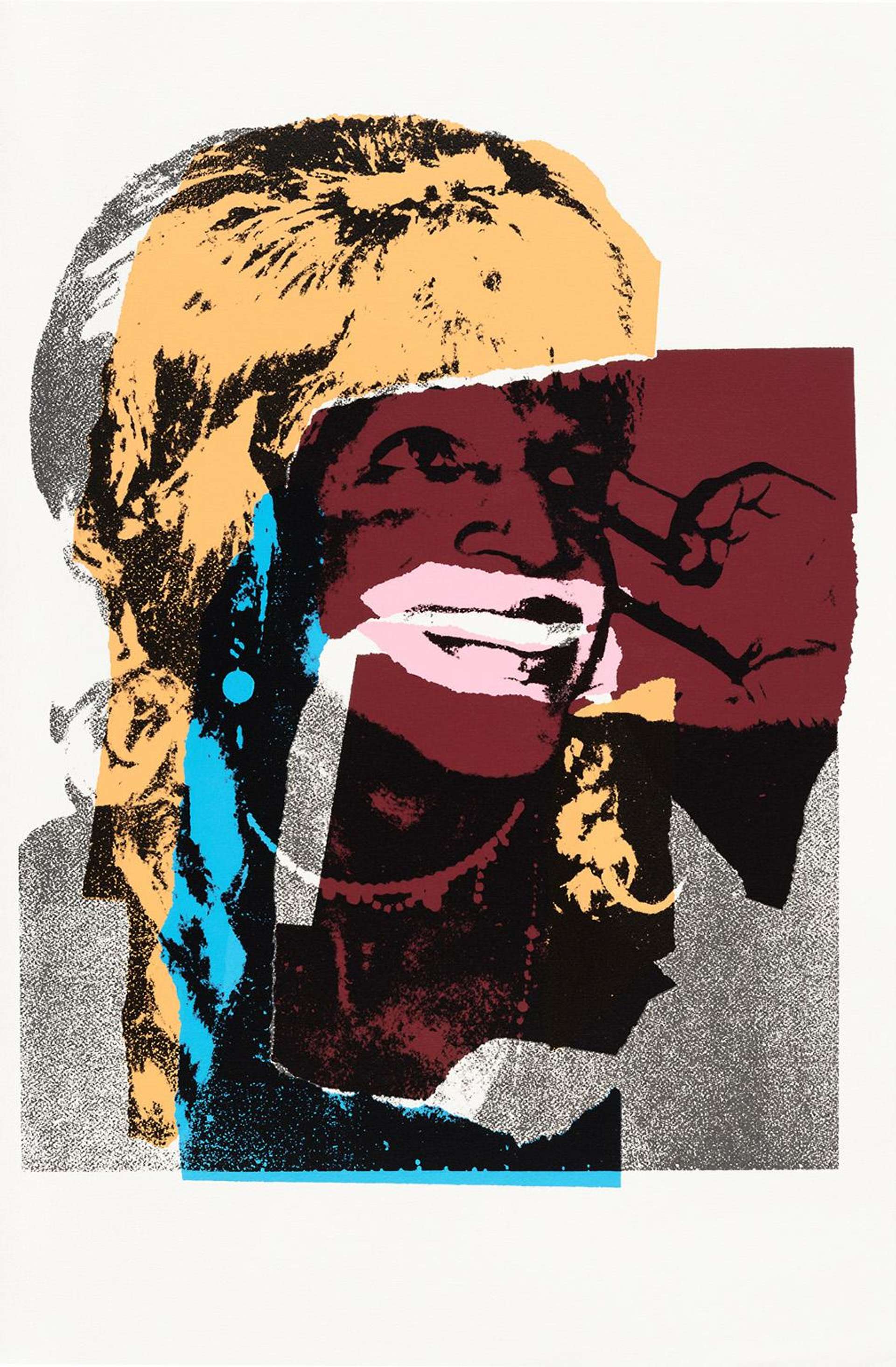
Ladies And Gentlemen (F. & S. II.133)

Ladies And Gentlemen (F. & S. II.133)
Signed Print
Andy Warhol
£9,500-£14,500
$18,000-$28,000 Value Indicator
$16,000-$25,000 Value Indicator
¥90,000-¥130,000 Value Indicator
€11,000-€17,000 Value Indicator
$90,000-$140,000 Value Indicator
¥1,810,000-¥2,770,000 Value Indicator
$12,000-$18,000 Value Indicator
AAGR (5 years) This estimate blends recent public auction records with our own private sale data and network demand.
There aren't enough data points on this work for a comprehensive result. Please speak to a specialist by making an enquiry.
Medium: Screenprint
Edition size: 125
Year: 1975
Size: H 110cm x W 72cm
Signed: Yes
Format: Signed Print
TradingFloor
MyPortfolio
Your collection tracked in real time.
Build your portfolio, manage valuations, view return against your collection and watch works you're looking for.
Track auction value trend
Auction Results
| Auction Date | Auction House | Artwork | Hammer Price | Return to Seller | Buyer Paid |
|---|---|---|---|---|---|
| December 2023 | Cambi Auction House, Milan - Italy | Ladies And Gentlemen (F. & S. II.133) - Signed Print | |||
| November 2023 | Il Ponte Auction House, Via Pontaccio - Italy | Ladies And Gentlemen (F. & S. II.133) - Signed Print | |||
| November 2023 | Il Ponte Auction House, Via Pontaccio - Italy | Ladies And Gentlemen (F. & S. II.133) - Signed Print | |||
| October 2023 | Capitolium Art - Italy | Ladies And Gentlemen (F. & S. II.133) - Signed Print | |||
| April 2023 | Phillips New York - United States | Ladies And Gentlemen (F. & S. II.133) - Signed Print | |||
| March 2023 | Sotheby's Online - United Kingdom | Ladies And Gentlemen (F. & S. II.133) - Signed Print | |||
| March 2022 | Sotheby's Online - United Kingdom | Ladies And Gentlemen (F. & S. II.133) - Signed Print |
Meaning & Analysis
Andy Warhol’s print Ladies & Gentlemen (F. & S. II.133) from the Ladies & Gentlemen series (1975) is an abstract portrait of the late Marsha P. Johnson, a key figure in the Stonewall Uprising and transgender activist. The print series remains controversial as it depicts a community that Warhol was not part of, with the subjects having very little agency in how they were portrayed and where the works would be displayed. Indeed, in an interview from 1979, Johnson pointed to the absurdity of her portrait being on sale for thousands of dollars, whilst she struggled to pay rent.
Ladies & Gentlemen (F. & S. II.133) shows Johnson smiling, as though laughing, with her head turned to the side. This print is characteristic of the joyous nature of the series, further emphasised by the expressive blocks of colour that overlay the screen print. In this portrait Johnson wears a large wig but doesn’t appear overly glamorised like some other prints in the series, making clear the sitters’ gender non-conformity.
Warhol was commissioned by the Italian art dealer Luciano Anselmino to create the series in 1975, paying $900,000 for 105 canvases, arguably the artist’s largest undertaking. It was Luciano who came up with the theatrical title of the Ladies & Gentlemen series, implying that he was concerned with the dramatisation of gender, rather than the lived experiences of the sitters, many of whom were very poor and faced extreme prejudice in their daily lives.










